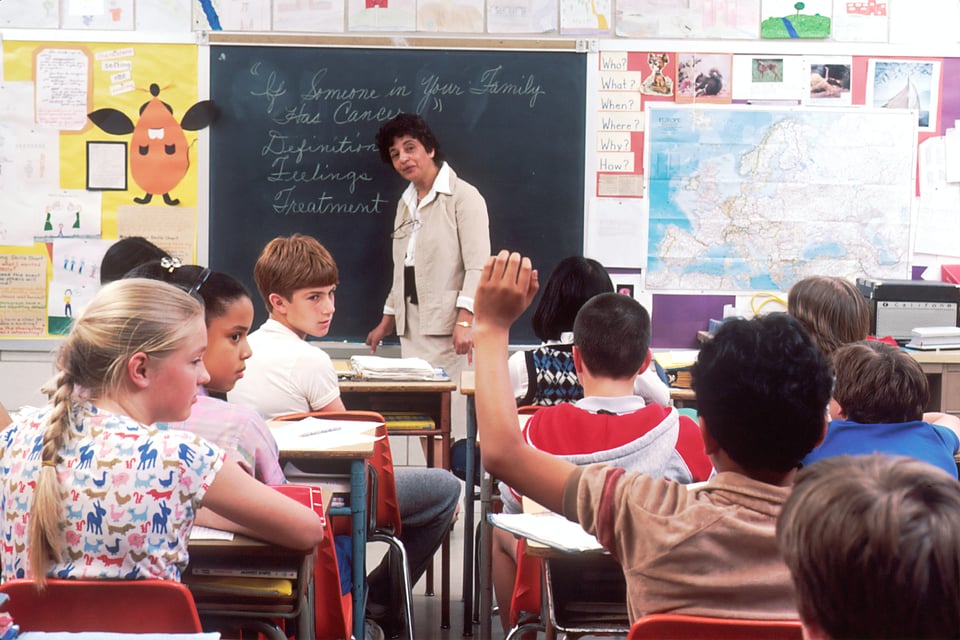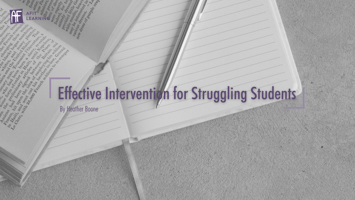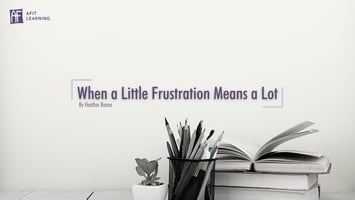Intervention is an increasingly common term in the world of education. To intervene as an educator,...
Avoiding the Summer Slide
The summer slide is the academic decline that occurs for students during the summer months. While educators understand the importance of review in September, researchers such as Cooper et al. (1996) reveal in their meta-analysis that there is a notable loss that occurs for students during summer vacation. As such, it’s important for educators to recognize how to best support students before they break for the summer.
You can read the original research paper here.
Why It’s Important
For students who are already experiencing a high level of academic frustration, the summer slides can create increased challenges. While those students might be relieved when they exit school at the end of June, those same students may start to experience increased apprehensiveness as September approaches. The Covid-19 pandemic appears to have exacerbated many of these frustrations and challenges. While researchers are still gathering data on how the pandemic has impacted academic progress, educators and parents are aware that the pandemic has resulted in its own academic slide for many students. As a result, there are students who are feeling academic frustration from many sources. It’s for these students that we want to combat the effects of the summer slide the most. This will help them feel prepared, confident, and ready for the next school year. But how do we find the balance of giving students the learning break they need while also minimizing the effects of the summer slide?
How to Support Students over the Summer Months
To do this, we need to focus on confidence building, learning for enjoyment, and strategies for success. At each grade level this might look different and it will be important to tailor activities to the student’s age.
Here are some simple tips to help your students transition to the next grade and mitigate some of the effects of the summer slide.
Send home a reading scavenger hunt for the summer (i.e., read one book that takes place in Australia, read one book that has a cat as a character, etc.). Use a bingo card or activity card for students to track their progress. This will provide a fun way for students to engage with a variety of texts over the summer months.
Look into what summer reading programs might be offered in your area and send this home with parents. Parents may not always know what is available to them and providing this information can help initiate that connection to reading during the summer months.
Send home a list of podcasts for students to enjoy. Whether students are travelling or staying home, listening to educational podcasts will help with their focus and listening skills. This may prepare them for returning to the classroom and listening to classroom lessons.
Challenge students to complete jigsaw puzzles over the summer. This will help promote their visual spatial abilities and may help with concentration.

In some circumstances, giving students the novels in advance that they will read during the next school year can alleviate some of the stress and pressure that extra reading material might elicit once school starts back. This can be particularly beneficial to high school students who often have higher levels of homework.
Provide students with a summer journal. For younger students, this could include blank pages for images. For older students, this could include lined paper for writing longer sentences. This will provide students with the opportunity to practice their printing or cursive, spelling, or sentence construction skills over the summer months.
Provide students with some fun math apps. Games like Sudoku are also enjoyable and offer an engaging way for students to interact with numbers over the summer.
Many parents don’t know about the summer slide and how important it is for their children to continue to engage in academic activities throughout the summer. A full stop on reading, writing, and math could result in the loss of some important skills. Informing parents and students of the importance of continuing to build their academic skills in a fun and leisurely way during the summer months will have a positive impact on their learning.
Thanks for reading! Check out some of other blogs below and leave a comment if you found any of our content useful!




